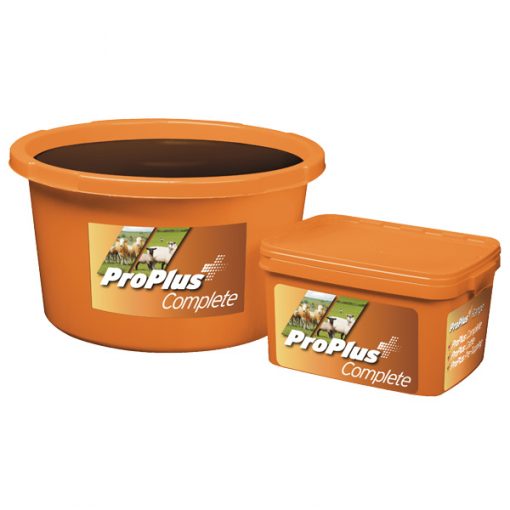Extreme rainfall is steadily on the rise and is impacting on the availability of micronutrients to grazing animals.
The Met Office has reported via the UK Climate report that the UK has become nine percent wetter over the last few decades. EPA Climate Ireland have also reported a seven percent increase in rainfall in the thirty year period 1991-2020, compared to the previous.
For farming producers, aside from the infuriating impact on accessing fields for grazing and grassland management, increased rainfall will critically increase the prevalence of nutrient leaching from the soil.
Perhaps less obvious – but equally important – is the impact on micronutrient (mineral and trace element) availability to grazing animals. Any deficiencies can impair digestion, immunity, reproduction, and growth and development.
‘Soil splash’ occurs when grazing animals literally splash grass with soil. When rainfall and soil splash is high, soil ingestion can increase significantly. While soil-splashed grass can increase intakes of minerals and trace elements from the soil, it can also increase the intake of ‘antagonists’. For example, if animals are ingesting molybdenum, iron, and/or sulphur from the soil and/or plant, then any ingested copper will become more ‘bound up’ and unavailable for absorption within the animal.
Here’s some things you can do to combat the effects of rainfall on micronutrients
- Manage paddocks to prevent poaching
- Introduce manure (rich in trace elements) back into the soil
- Incorporate clovers and certain broad-leaved plants and heathers
- Focus on feed efficiency to maximise utilisation of forage consumed
- Get soil pH right but take care not to over-lime
- Regularly test grazing paddocks for nutrient status
- Supplement when there is a risk of deficiency
Effective supplementation can be defined as overcoming any deficiencies in every animal without an oversupply. When choosing between blocks, boluses, bagged minerals and blends, it is important to consider a number of critical factors.
Factors to consider when choosing your mode of supplementation
- Nutrient composition
- Risk of undersupply or oversupply
- Typical length of supply
- Price point per animal per day
- Availability of research and data
- Practical suitability by system type
Scotmin offers a wide range of mineral supplements to suit all systems, and all sharing the common principle of practical and effective supplementation. To achieve this, Scotmin believes in using the highest quality and most bioavailable raw materials.


